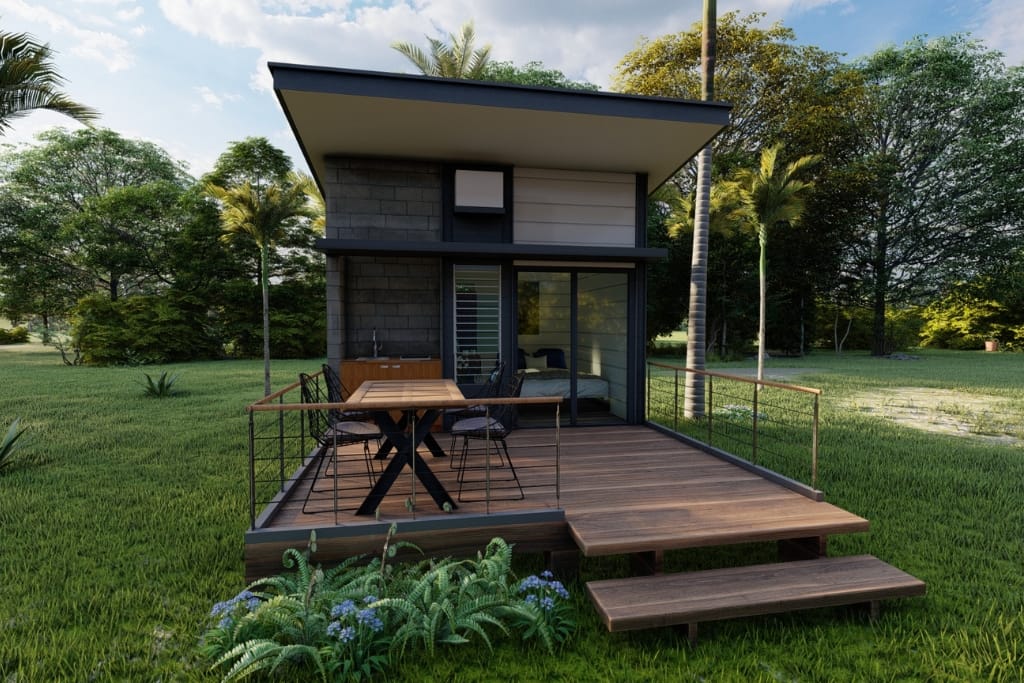Accessory Dwelling Units (ADUs) have surged in popularity as homeowners seek to optimize their property space and create additional rental income.
However, diving into constructing an ADU requires careful financial planning.
Understanding and considering several key financial aspects can help ensure a smooth and successful project.
Here are eight crucial financial considerations every homeowner should evaluate before starting an ADU construction.
1)) Initial Construction Costs
The first financial consideration when building an ADU is the initial construction costs.
These can vary greatly depending on the size, design, and materials used for the unit.
It's important to budget carefully and obtain multiple quotes from contractors to ensure you are getting a fair price for the project.
2)) Permitting And Fees
Another financial consideration to keep in mind is the cost of obtaining permits and paying any associated fees.
Depending on your location, there may be strict regulations governing the construction of ADUs, which could result in additional costs.
Be sure to research these requirements beforehand to avoid any surprises down the road.
3)) Financing Options
Before starting construction on an ADU, it's important to explore financing options to determine how you will fund the project.
This could include taking out a home equity loan, refinancing your mortgage, or applying for a construction loan.
Each option has its own set of advantages and disadvantages, so it's crucial to do your research and choose the best option for your situation.
4)) Rental Income Potential
One of the main reasons homeowners decide to build an ADU is the potential rental income it can generate.
Before constructing an ADU, it's important to research rental rates in your area and calculate how much income you can realistically expect to earn from renting out the unit.
This will help you determine whether building an ADU is a financially viable investment.
5)) Property Taxes
Adding an ADU to your property could potentially increase your property taxes, as it adds value to your home.
It's important to consult with a tax professional or assessor's office in your area to understand how building an ADU may impact your property taxes before moving forward with the project.
6)) Maintenance Costs
In addition to considering the upfront costs of building an ADU, it's important to also factor in ongoing maintenance costs.
Just like any other structure on your property, an ADU will require regular upkeep and repairs over time.
Be sure to budget for these expenses when planning out your finances for the project.
7)) Insurance Considerations
Building an ADU may also impact your homeowner's insurance policy.
It's important to notify your insurance provider about any changes made to your property and ensure that you have adequate coverage for both structures on your property.
8)) Resale Value
Consider how adding an ADU may impact the resale value of your home in the future.
While having an additional dwelling unit can be appealing to potential buyers, it's important not to over-improve for your neighborhood or market conditions.
Conclusion
Constructing an Accessory Dwelling Unit (ADU) offers a promising opportunity to enhance your property and generate additional income, but it requires thoughtful financial planning.
By thoroughly examining factors such as initial construction costs, permitting and fees, financing options, and potential rental income, you can make a more informed decision.
Considering the impact on property taxes, ongoing maintenance, insurance implications, and future resale value will help you navigate the complexities of this investment.
Taking the time to evaluate these eight crucial financial considerations will better position you for a successful and rewarding ADU project, ensuring it aligns with your long-term financial and personal goals.
Download Our Free E-book!







